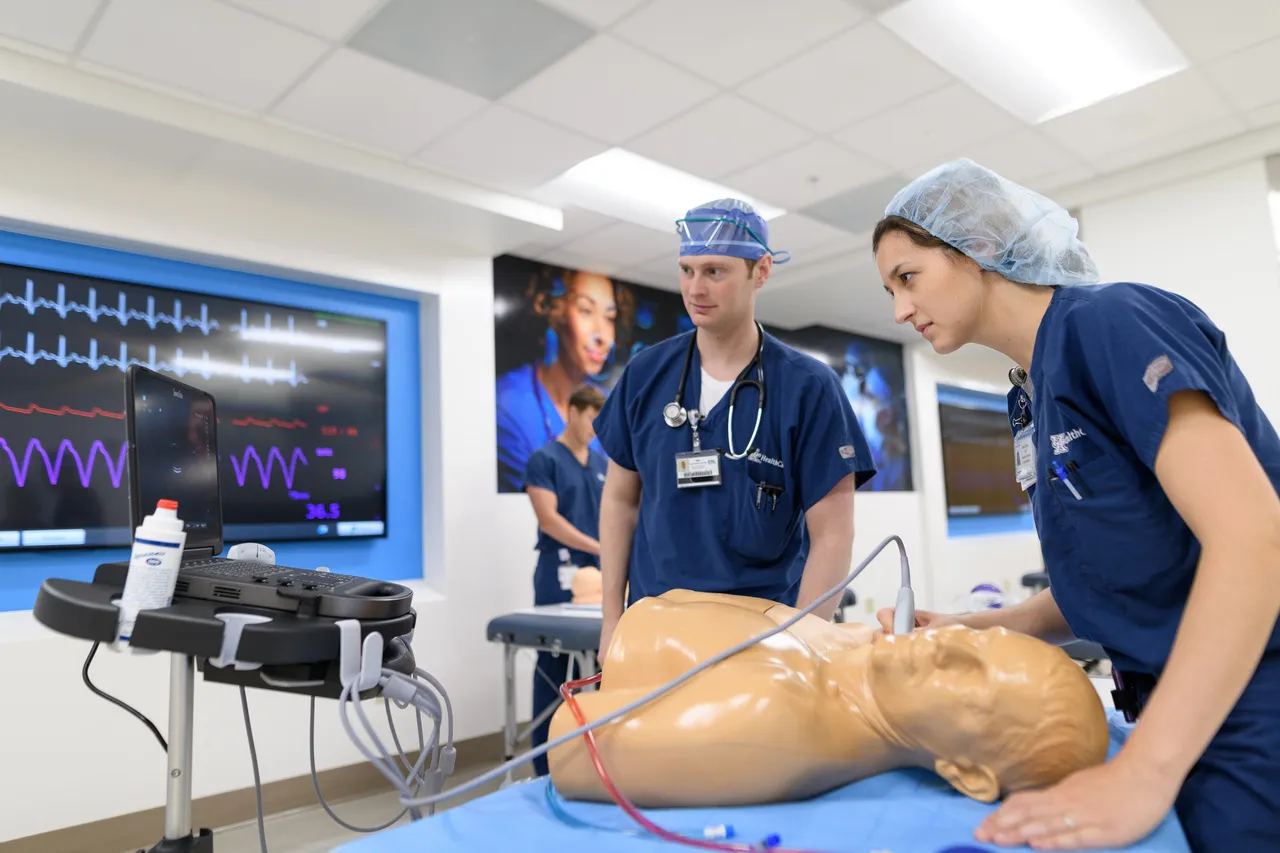Assessment System
Throughout the UK College of Medicine curriculum, students undergo both formative and summative assessments to prepare them for each next step in their education and ultimately for their residency. Via formative assessment, students receive feedback to help improve their performance during courses. Summative assessment builds on this by evaluating performance at the end of a course to ensure students are meeting competency standards as they advance in their medical training. Student performance is regularly reviewed with additional assistance and coaching offered to students when needed.
To ensure that students meet competency standards, the College of Medicine uses a pass/fail system. Every final course grade is solely pass or fail. Pass/fail assessments in medical education generally have been shown to decrease stress and improve well-being.

Core Principles Phase
-
Completion of clinical experiences
-
Written assignments
-
Multiple choice formative quizzes
-
Multiple choice exams, including the USMLE Step 1 exam at the end of the phase
-
Evidence-based medicine projects
-
Objective structured clinical experiences (OSCEs) with standardized patients
-
Faculty evaluations based on small group discussions and interactions with standardized patients and actual patients
-
Completion of direct observations of clinical skills
Application and Advanced Development Phases
-
Faculty and resident evaluations of clinical performance
-
Faculty and resident direct observations of clinical skills
-
Multiple choice formative quizzes
-
Multiple choice exams, including NBME subject exams (‘shelf’ exams) and the USMLE Step 2 CK exam
-
Objective structured clinical experiences (OSCEs) with standardized patients
-
Written and verbal presentations of clinically relevant topics
-
Faculty evaluations of clinical simulation performance
UK College of Medicine Clinical Simulation
Clinical simulation plays an important role in our curriculum and assessment to further develop and refine clinical skills while promoting teamwork and collaboration. From assisting in the learning of the physical exam to practicing clinical skills, and finally to gaining experience managing a declining patient in a team-based approach, clinical simulation plays an important role in ensuring clinical competence in our students as they progress through the curriculum.
Each four-year campus has its own top-of-the line simulation space with state-of-the-art low and high-fidelity clinical simulators.